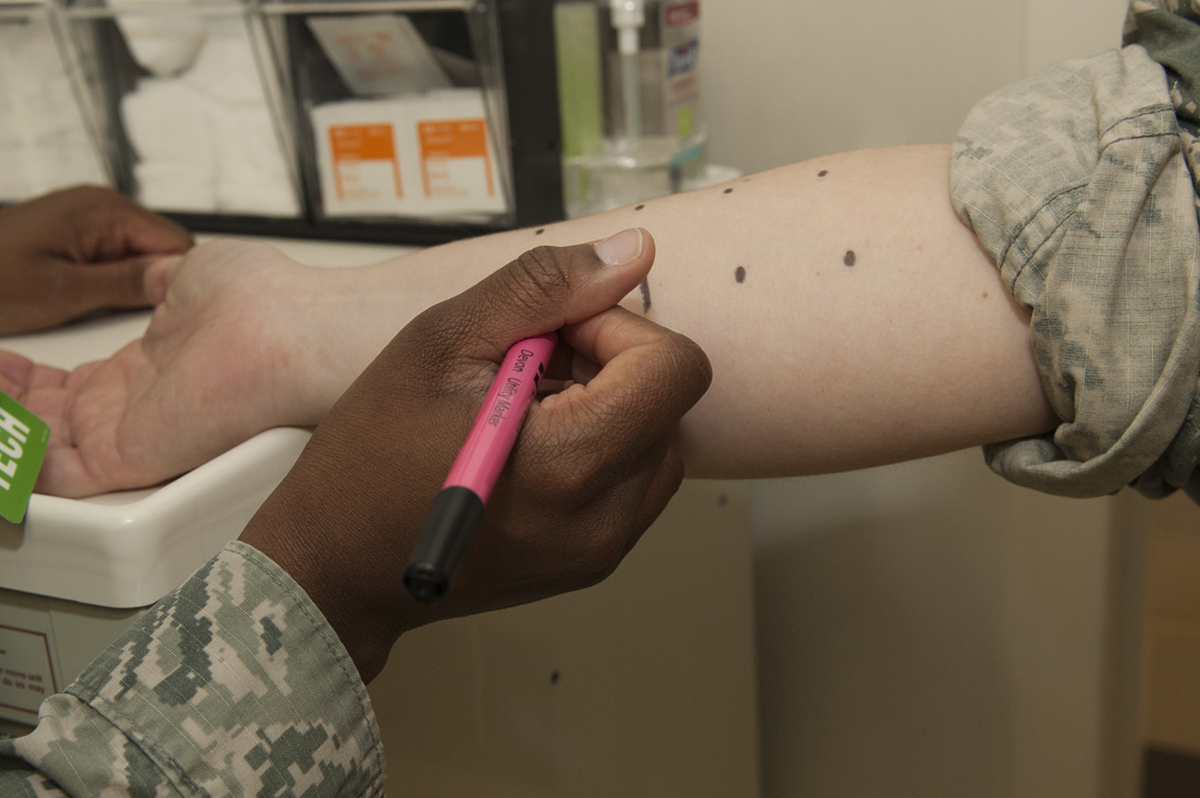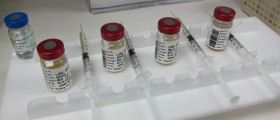
Sulfonamide is the basic component of several groups of medications. Antibacterial sulfonamides are synthetic medications which are prescribed for certain infections. Some people may develop sulfa allergy (an allergy to sulfonamide group) and this is why there needs to be high level of attention when it comes to prescription of sulfonamides. These medications were one of the first antibiotics given to patients suffering from numerous infections but since the occurrence of allergic reactions has increased now they are not prescribed so often. Some of the most frequently used sulfonamide antibiotics include spectra, Bactrim, sulfamethoxazole and erythromycin-sulfisoxazole.
Sulfa allergy is one of the most frequent allergies to medications. It features with skin rash, blood disorders and certain changes related to the lungs, kidneys and liver.
Symptoms of Sulfa Allergy
Skin reactions of sulfa allergy are certainly the most commonly reported. Sulfa allergy rash is in a form of mild skin rash or the patients develop hives. Once the rash has occurred in case that the patients continue taking sulfonamides the rash will become more severe and spread to many parts of the body. This is why patients are supposed to stop taking medication the moment they notice skin rash. Apart from rash some patients can even develop Stevens-Johnson syndrome, toxic epidermal necrolysis and photosensitivity.
Respiratory symptoms of sulfa allergy include fever, wheezing and shortness of breath. Some patients may develop symptoms which may resemble numerous conditions such as, pneumonia, asthma and vasculitis. These symptoms need to be reported to the doctor as soon as possible and the medication must be discontinued instantly.
Allergic reaction may also affect the liver and kidneys. One may develop kidney failure, hepatitis and different degree of liver damage.Another complication related to sulfa allergy includes abnormalities in the number of blood cells.
And finally, the most serious form of sulfa allergy is anaphylactic reaction. Anaphylactic reaction is severe, life-threatening medical condition and requires immediate medical attention.
Treatment for Sulfa Allergy
The first step the patients are supposed to do is to report symptoms of allergy to their doctor. Further taking of the drug is momentary discontinued. The diagnosis is set after physical examination of the patients.
Treatment for sulfa allergy is basically symptomatic. In case there are skin changes patients are prescribed antihistamines. If one complains about shortness of breath or even asthma attack he/ she is given bronchodilatators. Inflammatory reactions are treated with corticosteroids. Patients who have developed anaphylactic shock are rushed into the hospital.
To prevent reoccurrence of allergic reactions patients who are diagnosed with sulfa allergy need to stay away from sulfonamides. Even topical application of these medications may cause recurrent allergy so these are supposed to be avoided as well.

















Your thoughts on this
Loading...